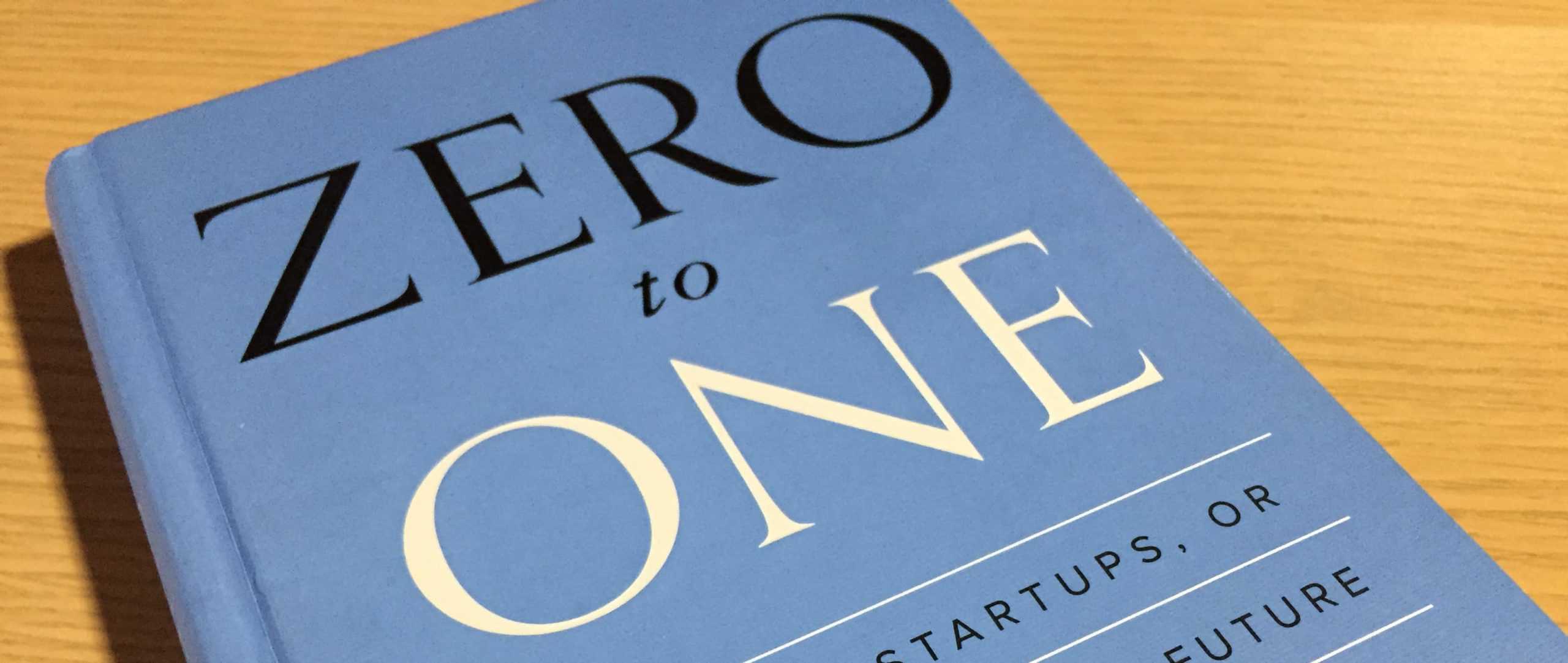
There are two qualities to good advice, but good advice rarely satisfies both. It should either be so specific, it’s only relevant to a handful of people in a handful of situations (“Red sky at night, sailor’s delight. Red sky in morning, sailor’s warning”). Or, it can be so general that it applies to everyone all the time (“Guests and fish both stink after three days”). Peter Thiel has written a book where he hopes to bridge the gap between specifics and generalities – a book that applies as much to a business owner in Iowa as a San Francisco startup.
Zero to One: Notes on Startups or How to Build the Future encompasses Thiel’s beliefs about what might be coming next, what might be valuable then, and how you and I can put ourselves in the right position for both. To truly understand the book, you first must understand the title, which gives a lot of insight to Thiel’s thoughts. Going from “Zero to One” is to create something entirely new. It’s not creating a filtered photo app, an email inbox program, or another smartphone.
Easter is coming up and I’ll be taking my daughters to an Easter egg hunt. We went to one last year and the year before and I suspect that this year’s will be the same. There may be some changes, more colored eggs, new candy, or someone in an Easter bunny costume. These are all incremental improvements on an Easter party. In Thiel’s terminology these are iterations from 1 to 2. However, we could show up and see a huge buffet on picnic tables (Martha Stewart or Mario Batali catering), and there’s a live band and a play about the local history of the area and what people did a hundred years ago this time of year. That would be something closer to 0 to 1. To find those zero to one ideas Thiel suggests we ask, “what important truth do very few people agree with you on?” and “What valuable company is nobody building?”
It’s difficult to find these things, but you can help yourself at the start. Thiel writes:
“Every startup is small at the start. Every monopoly dominates a large share of its market. Therefore, every startup should start with a very small market. Always err on the side of starting too small. The reason is simple, it’s easier to dominate a small market than a larger one.”
The book was created based on a class Thiel taught at Stanford University and at some points it’s a bit prickly. Thiel has a section on luck he titles, “you are not a lottery ticket” that I thought was a bit airy because the conclusions in that section didn’t have the same logical concreteness of the other sections. He also had a chapter about startup founders which included references to Steve Jobs, Britney Spears, and Howard Hughes that I had to read twice to try and understand what exactly he was saying. Beyond these though, the book is very concrete, especially the “seven questions every business must answer.”
- Can you build something that’s a breakthrough rather than something that is incremental?
- Is now the right time for this business?
- Are you starting with a big share of a small market?
- Do you have the right team?
- Can you sell, market, and deliver it?
- Can you defend our market position? Can you defend it in twenty years?
- Have you found an opportunity others don’t see?
The book is very good, but you may not be as interested if you don’t like walking the bridge between startup specifics and general philosophies. It is also full of interesting quotes, rich parallels, and a quick read too. The blurbs on the back are from Nassim Taleb, Mark Zuckerberg, and Elon Musk, which should give you some idea about who might enjoy this book.

